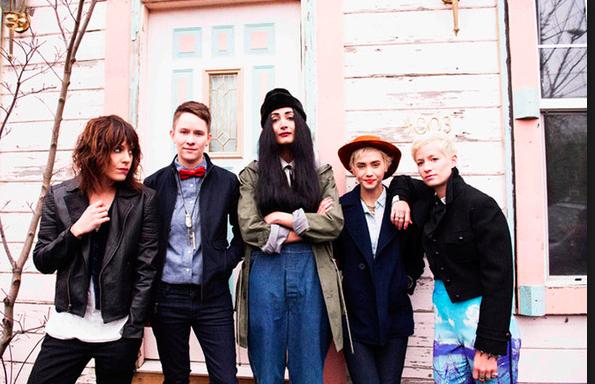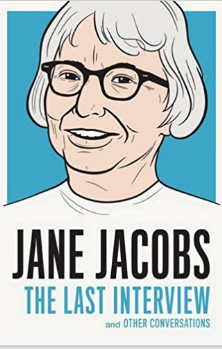For My Mother
Reading my friend Elae’s most recent musings on belonging and family led me back to these pages and to my reflections on how long it took me to realize that a) there was a closet and b) I was in it. I stayed in it so that I could belong in my family, or more specifically, so that I could remain my mother’s daughter.
This Sunday is Mother’s Day. I am beyond grateful to be a mother to two of the most beautiful, kind, creative, funny, generous, loving humans I have ever met. They are spectacular.
My mother only knew them as children—I think she would have been delighted by their adult selves. The question is, how would she feel about meeting my girlfriend ( who is also kind, creative, funny, generous and loving)? I’d like to believe that by now in her early 100s if she were still here, she would be happy for me. But I have a hard time getting those words out of my head. The ones she spoke after reading my diary during a visit home from college and discovering I had a crush on a girl. Words like “You are sick.” Those kind of words stick with a daughter for…..decades.
Then again, she had also been hurt by words—and, I suspect, by much more than words. I will never know the details, but now as an adult, I can see that a lot of her life was pretty grim. She was locked in a different kind of closet—one created by poverty and misogny. So I am going to spend this Mother’s Day being profoundly grateful for my relationship with my children, and hoping my mom can feel all of the love that is swirling around in her lineage these days. You have a big gay family, mom. How lucky are you?
























